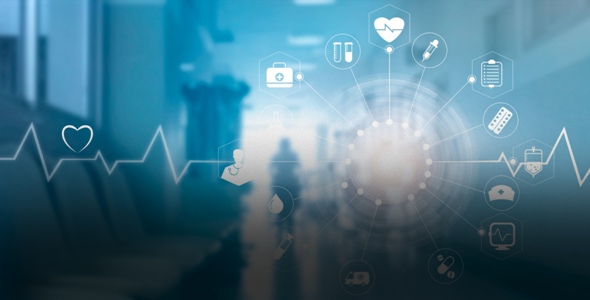
@ShahidNShah


Emergency medicine consultant and medical lecturer Dr Stephen Hughes puts the AI chatbot through its paces. For years, many have feared that artificial intelligence (AI) will take over national security mechanisms, leading to human slavery, domination of human society and perhaps the annihilation of humans. One way of killing humans is medical misdiagnosis, so it seems reasonable to examine the performance of ChatGPT, the AI chatbot that is taking the world by storm. This is timely in light of ChatGPT’s recent remarkable performance in passing the US medical licensing exam. Computer-aided diagnosis has been attempted many times over the years, particularly for diagnosing appendicitis. But the emergence of AI that draws on the entire internet for answers to questions rather than being confined to fixed databases opens new avenues of potential for augmenting medical diagnosis.
This study evaluates the performance of ChatGPT, an AI chatbot, in medical diagnosis. Concerns about the impact of AI on society have been raised, including the risk of medical misdiagnosis. ChatGPT's recent accomplishment in passing the US medical licensing exam has prompted further investigation. Dr. Stephen Hughes conducted tests to evaluate ChatGPT's ability to provide accurate and timely diagnoses. The results suggest that AI chatbots, like ChatGPT, have the potential to revolutionize medicine by providing clinicians with an additional tool for diagnosis. However, rigorous testing and validation are crucial to ensure that they do not pose a threat to human health and well-being.
Continue reading at 1.racgp.org.au
Consumerism has taken over healthcare. Patients are in the driver's seat, and they are demanding high-quality customer service and more personalized experiences aided by digital tools. During a …
Connecting innovation decision makers to authoritative information, institutions, people and insights.
Medigy accurately delivers healthcare and technology information, news and insight from around the world.
Medigy surfaces the world's best crowdsourced health tech offerings with social interactions and peer reviews.
© 2026 Netspective Foundation, Inc. All Rights Reserved.
Built on Jan 6, 2026 at 1:18pm